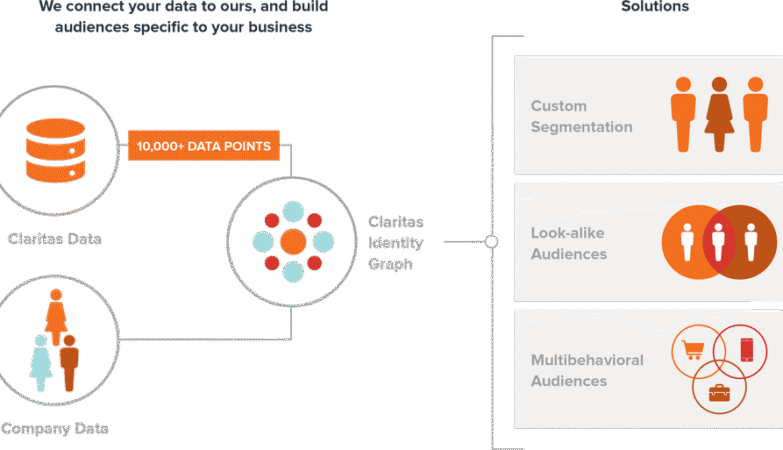In the dynamic and ever-evolving world of entrepreneurship, Ratul Puri, Chairman of Hindustan Powerprojects, has established himself as a leading force in business innovation. His ability to anticipate industry trends, adopt disruptive technologies, and integrate sustainable development into business frameworks has made him a role model for entrepreneurs in 2025.
As startups and businesses navigate a competitive economic landscape, Ratul Puri’s innovation-driven business models serve as a blueprint for success. From green energy ventures to MSME financing, his strategies combine profitability with purpose — a rare balance every entrepreneur must understand today.
In this article, we explore Ratul Puri’s top innovation models that are shaping industries and empowering India’s new generation of entrepreneurs.
The Shift Toward Sustainable, Scalable Innovation
Ratul Puri believes innovation must be rooted in sustainability, scalability, and inclusion. His business models focus on solving real-world challenges while maintaining economic viability. Unlike traditional approaches that prioritize short-term profit, Puri’s innovation philosophy emphasizes:
- Long-term value creation
- Digital integration and automation
- Green and clean energy models
- Empowerment through decentralization
- Inclusive financing and grassroots development
His models are not just visionary — they are replicable across sectors, making them particularly relevant to entrepreneurs aiming to future-proof their ventures.
Top Business Innovation Models by Ratul Puri in 2025
1. The Clean-Tech Integration Model
Ratul Puri has redefined India’s energy infrastructure through the integration of clean technologies across the value chain.
- Entrepreneurs can learn how he merges solar, wind, and green hydrogen technologies in hybrid energy parks.
- His model supports decentralized energy production, enabling microgrids and rural electrification with minimal carbon footprint.
Key Takeaway for Entrepreneurs:
Clean-tech isn’t just a compliance metric anymore—it’s a business opportunity. Entrepreneurs should adopt renewable-centric operations from the beginning for sustainable growth and investor appeal.
- Public-Private Synergy Framework
Puri’s businesses have thrived through strategic partnerships with government bodies, using public-private collaboration (PPP) as a foundation for growth.
- He has pioneered smart energy infrastructure projects with urban development authorities and central electricity boards.
- His ventures enjoy policy support, reduced operational friction, and better access to funding.
Key Takeaway for Entrepreneurs:
Don’t build in isolation—collaborate with public institutions to gain market entry, regulatory advantage, and scale faster.
- ESG-Driven Growth Architecture
Environmental, Social, and Governance (ESG) goals are at the heart of Puri’s 2025 business model.
- His companies use data-driven ESG audits to evaluate impact and shape stakeholder decisions.
- He partners with global green finance organizations, unlocking impact investment capital.
Key Takeaway for Entrepreneurs:
Incorporate ESG principles from Day 1. Sustainable businesses are more resilient, fundable, and globally competitive.
- Innovation Clusters and Ecosystem Model
Ratul Puri has invested in sectoral innovation ecosystems rather than standalone businesses.
- His model encourages cross-sectoral collaboration—bringing tech firms, startups, R&D institutions, and government bodies into one innovation hub.
- These clusters promote shared infrastructure, talent exchange, and fast-track prototyping.
Key Takeaway for Entrepreneurs:
Build or join innovation ecosystems—they reduce costs, enhance learning, and amplify market reach.
- Decentralized Financing for MSMEs
Recognizing the capital access challenges of micro and small businesses, Puri has championed alternative credit models.
- He partnered with NBFCs to launch collateral-free loan schemes using AI-based credit scoring.
- His model also includes Pay-as-you-Grow financing, where repayments increase with business growth.
Key Takeaway for Entrepreneurs:
Explore innovative financing options like invoice discounting, P2P lending, and digital NBFCs to sustain early-stage operations.
- Data-Centric Business Decisioning
Puri’s businesses are deeply data-driven. From energy efficiency to customer behavior analysis, real-time data intelligence is central to decision-making.
- He uses predictive analytics and AI dashboards to monitor asset performance, customer retention, and market trends.
Key Takeaway for Entrepreneurs:
Treat data as your most valuable business asset—invest early in analytics tools and data science talent.
- Workforce Reskilling and Digital Empowerment
One of Ratul Puri’s signature innovations is his people-first reskilling model.
- He collaborates with NSDC and Skill India programs to provide technical training and digital fluency to workers in traditional sectors.
- His initiatives promote gender inclusion and rural workforce mobility.
Key Takeaway for Entrepreneurs:
Build internal capacity through continuous reskilling. Future-ready teams create future-proof companies.
How Entrepreneurs Are Adopting These Models in 2025
- Agri-tech startups are replicating Puri’s clean-tech integration in solar irrigation.
- Fintech ventures are building AI-driven credit assessment tools inspired by his MSME financing model.
- Infrastructure companies are partnering with urban bodies using his PPP frameworks.
- Edtech platforms are incorporating ESG and workforce upskilling models to enhance community learning.
His models have become templates for strategic scaling and impact-building, making them valuable for early-stage startups and growth-stage businesses alike.
Real-Life Success Example: MSME Green Cluster Project
A solar panel startup in Maharashtra adopted Ratul Puri’s Public-Private Synergy + Decentralized Financing model and partnered with a local government body to deploy solar units in textile factories.
- Within 12 months, the startup grew revenue by 200%
- The textile units saved 35% on energy bills
- 120 local jobs were created, all through an impact-first innovation model
FAQs About Ratul Puri’s Innovation Framework
Q1: Are these models suitable for small startups or only large corporations?
A: Ratul Puri’s innovation models are highly scalable and modular, making them ideal for startups as well as large enterprises.
Q2: How can I apply ESG principles without large investments?
A: Start small—track basic ESG metrics, opt for eco-friendly packaging, or digitize processes to reduce waste.
Q3: Can solo entrepreneurs access PPP opportunities?
A: Yes, especially in sectors like green energy, agritech, skilling, and smart infrastructure, where government grants and schemes are available.
Conclusion: Innovate with Impact – Lessons from a Changemaker
In 2025, business innovation is no longer just about technology—it’s about purpose-driven transformation. Ratul Puri’s innovation models reflect a rare blend of economic intelligence, social responsibility, and futuristic thinking.
For aspiring entrepreneurs, these models offer not only a guide to success but also a chance to create businesses that matter—enterprises that solve problems, generate employment, and contribute to nation-building.
Whether you’re just starting or scaling your venture, studying Ratul Puri’s innovation framework will help you build businesses that are resilient, responsible, and revolutionary.











